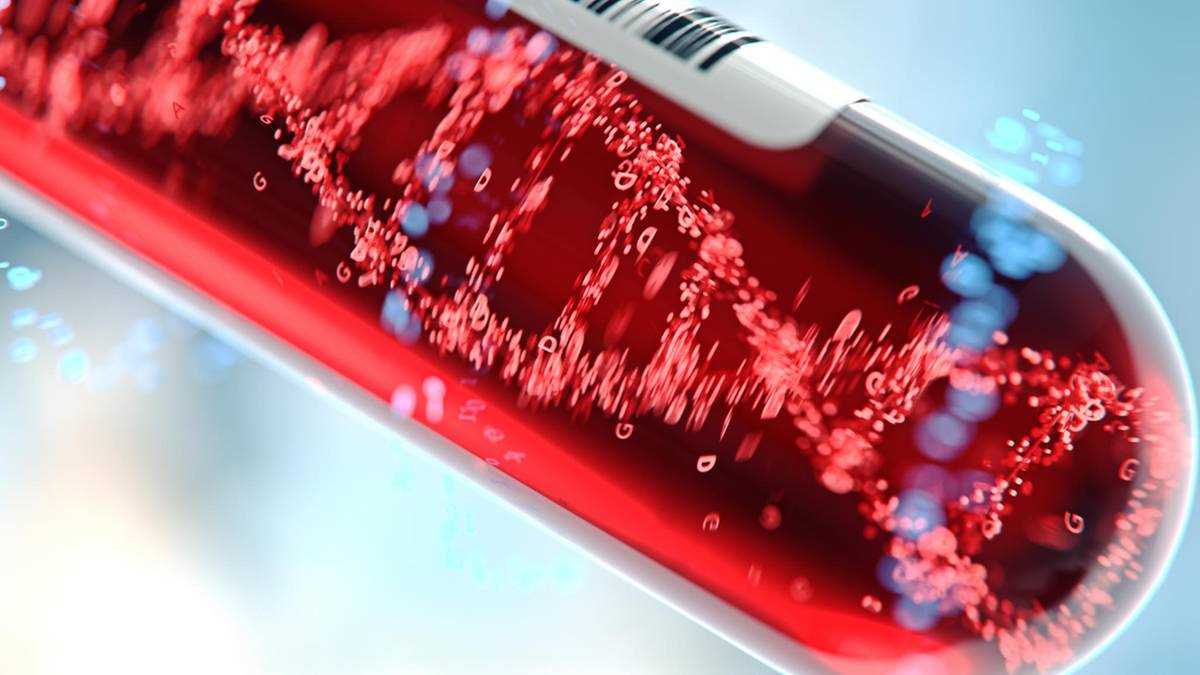So far, checkups have been considered the best early cancer detection tool. But the tests are often perceived as unpleasant – and are not always completely reliable. Swiss researcher at the European Society for Medical Oncology in Lugano are now said to have developed a new blood test that would make it easier to make an early diagnosis: According to the results of their study, the new test can not only detect 50 different types of cancer, it also shows where the cancer originated. And before the first symptoms become noticeable.
Hit rate depends on various factors
Overall, the blood test identified between 18 and 93 percent of cancer cases, depending on which cancer was present and at what stage the disease was. The rule was: the earlier the cancer stage, the lower the detection rate. The test had a hit rate of 43.9 percent across 50 cancers and all stages. He also indicated in 96 percent of all cases in which organ or tissue the tumor was located.
If only the twelve most common types of cancer were searched for (e.g. stomach and colon cancer, breast cancer and lung cancer), the hit rate of the blood test was better: According to the researchers, it was 67.3 percent.
Low error rate with incorrect cancer diagnoses
The number of wrongly positive patients is very low – only one percent of the samples showed a blood test that did not show cancer. For comparison: In breast cancer screening, around ten percent of all women get the wrong diagnosis.
How does the blood test work?
The blood test is based on the fact that tumors distribute not only cancer cells, but also their DNA and certain biomarkers in the blood. The blood test now looks specifically for cancer-typical attachment patterns on the DNA – because sick, degenerate cells differ from healthy cells. And not just in terms of quantity, but also based on their position in so-called attached methyl groups. It is precisely these deposits that the blood test detects at over a million places in the DNA. The query is then evaluated using a learning algorithm that can assign whether a cancer is present and where the tumor is located.
The first results of the study are promising for the researchers, even if the blood test is still sketchy at very early stages of cancer. "This is a groundbreaking study and a first step towards the development of easy-to-use screening tools," said study leader Michael Seiden. "Early detection of more than 50 percent of cancer cases could save millions of lives worldwide every year."
With further studies, the researchers want to show that the blood test could be the first choice for the early detection of cancer. However, it may take years before these are completed and the test comes onto the market.
